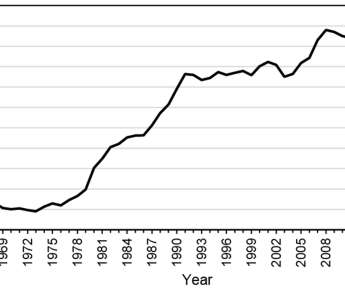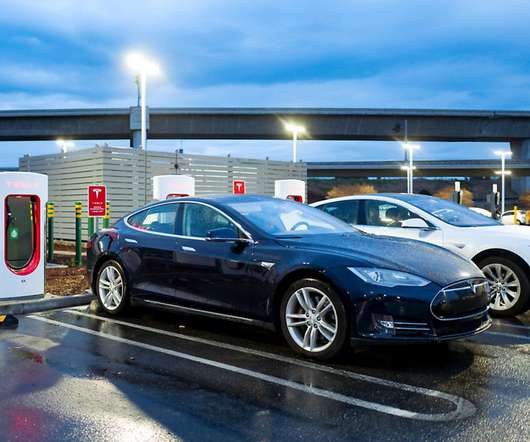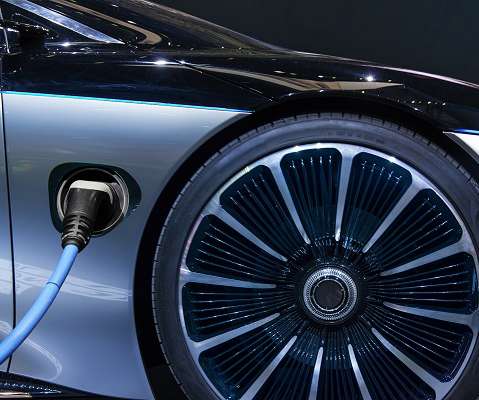Study finds GHG emissions from corn ethanol now 46% lower than gasoline
Green Car Congress
JANUARY 27, 2021
A new study by a team from Environmental Health & Engineering (EH&E) has found that greenhouse gas emissions from corn ethanol are 46% lower than those from gasoline—a decrease in emissions from the estimated 39% done by previous modeling. gCO 2 e/MJ) which is 46% lower than the average carbon intensity for neat gasoline.


































Let's personalize your content